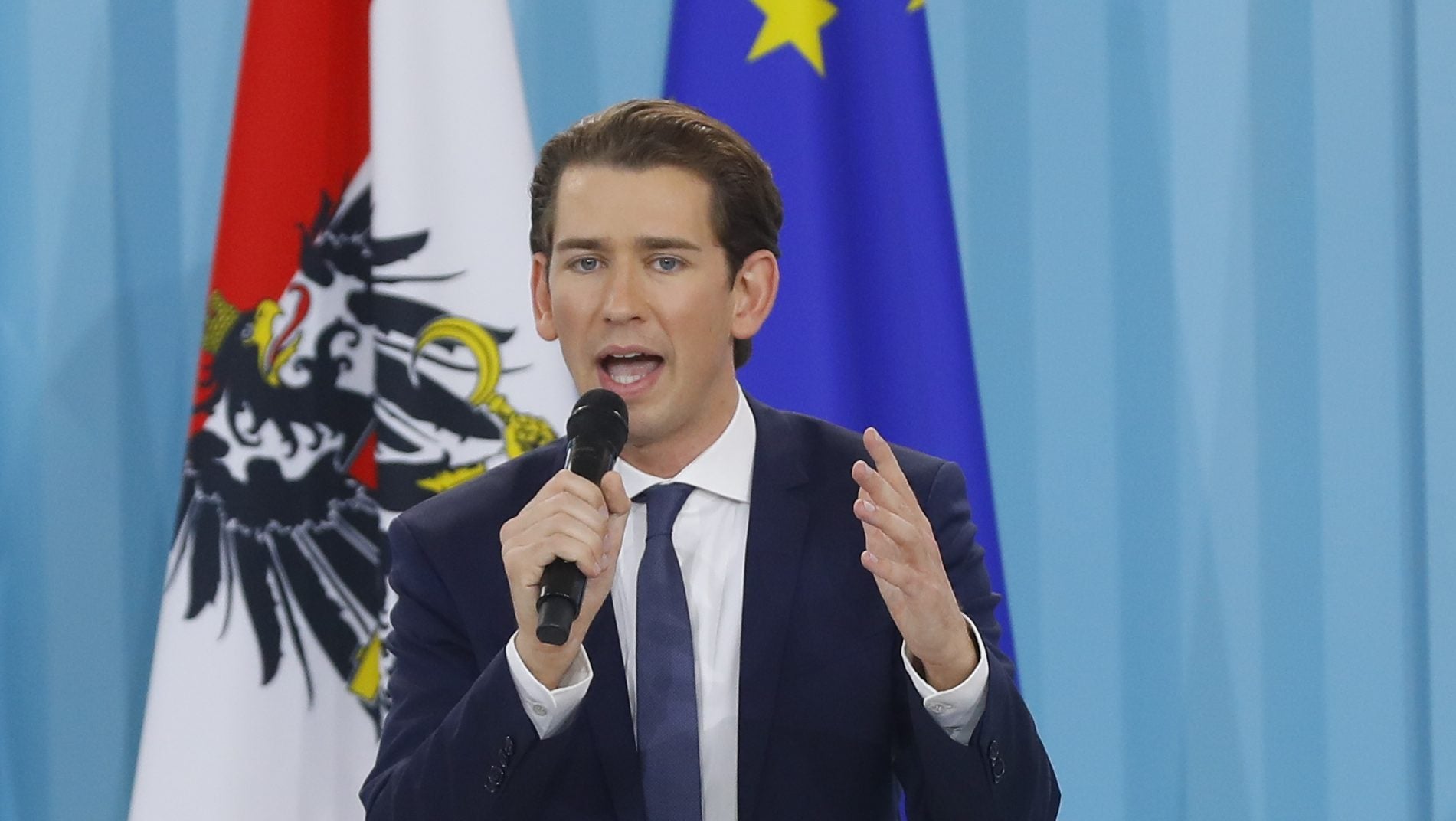Austria’s march to the right got a boost from fake Facebook content
Austria got a new chancellor and Europe its “first millennial leader” last weekend, as 31-year-old Sebastian Kurz guided his conservative People’s Party to a win in the parliamentary election. What helped seal the fate of incumbent Christian Kern of the Social Democrats was a scandal involving Facebook, fake news, and a dose of international intrigue.


Austria got a new chancellor and Europe its “first millennial leader” last weekend, as 31-year-old Sebastian Kurz guided his conservative People’s Party to a win in the parliamentary election. What helped seal the fate of incumbent Christian Kern of the Social Democrats was a scandal involving Facebook, fake news, and a dose of international intrigue.
In a bizarre series of events, Austrian politics were shaken up over the past several weeks, after it turned out that an Israeli consultant hired by the ruling Social Democrats created two fake Facebook pages aimed at undermining Kurz’s campaign. The drama unfolded as Facebook faces US scrutiny over its role in Russian meddling in the 2016 presidential election.
What happened?
In early October, Austrian magazine Profil reported that two fake Facebook pages were set up by an Israeli national, Tal Silberstein, who was working as a campaign advisor to Kern. Screenshots from the first page “The Truth about Sebastian Kurz,” in this post from Buzzfeed, mock Kurz and the page includes anti-immigrant content and, in a known anti-Semitic trope, suggests that Kurz is allied with Hungarian-born US billionaire George Soros, who supports liberal causes.
The second page, “We for Sebastian Kurz,” pretended to be a fan page and included posts about Austria’s contentious refugee policy. The Social Democrats stopped working with Silberstein in August, after he was accused of money laundering in Israel. The party claims it had no knowledge of the subversive pages, and Silberstein confirmed this to Israeli media.
How important was Facebook’s role?
It’s unclear whether the fake pages affected the vote. Kurz was expected to win the election all along, but as several foreign news outlets noted, the scandal offered a boost to the populist, far right Freedom Party, which is running neck and neck with the Social Democrats in the final vote tally.
Kurz is said to be likely to choose the Freedom Party, led by a former Neo-Nazi, instead of the Social Democrats for his ruling coalition. An Austrian pollster told Reuters before the election that the Facebook-related mudslinging was likely to boost turnout, which turned out to be nearly 80% of eligible voters. Final election results are expected this week.
There’s been a web of legal fallout as well. The parties are suing each other for defamation and lodging criminal complaints with prosecutors. Vienna prosecutors are investigating the fake pages in a defamation inquiry on behalf of the Social Democrats, because in addition to attacking Kurz, they contained content discrediting Kern.
This is not the first time Facebook will face scrutiny in Austria. After the Green Party filed suit alleging a fake Facebook account defamed its leader, an Austrian court ruled in May that the company would have to delete posts that included hate speech. The court’s decision ruled that the platform would have to delete the content for users outside Austria, not just block it locally. Meanwhile, politicians across Europe are discussing how to punish the company, along with other tech giants, for failing to crack down on illegal hate speech or other types of illicit content.